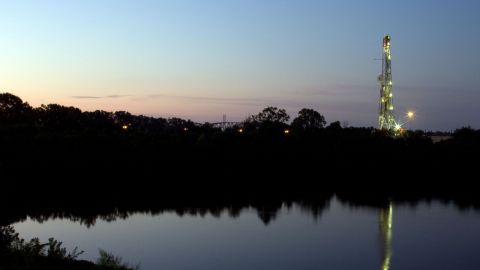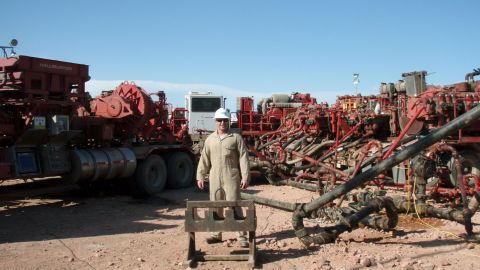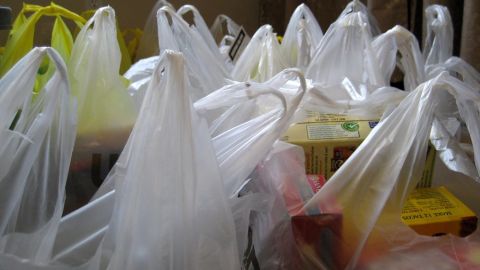
Salt Marshes Are Essential Climate Solutions. How Do We Protect Them?
Salt marshes absorb carbon, filter pollution and help buffer natural disasters, but they are threatened by sea level rise and more.

Salt marshes absorb carbon, filter pollution and help buffer natural disasters, but they are threatened by sea level rise and more.

Drought is one of the most commonly cited impacts of climate change, leading to water shortages, crop failures, and wildfires.

The Montney Formation is a 130,000-square-kilometer natural gas resource in Canada that causes air, water, and noise pollution.

Approximately 800 million people menstruate. Climate change greatly impacts period products and the people who need them.

Muskoxen face dangers like disease, hunting and climate change. Why do they matter to humans, and how can we protect them moving forward?

The Bakken Formation, one of the highest emitting fossil fuel projects in the country, causes growing environmental and health issues.

Plastic bags lead to lot of waste. But could plastic bans or using reusable bags be effective solutions to this problem?

Soy is a staple in much of our food, but it's associated with monocropping, pesticides, and deforestation. How can soy be more sustainable?

A look at the Orinoco Belt, a "carbon bomb" that causes a number of environmental and human rights challenges in Venezuela.

This episode of "The Sweaty Penguin" explores the good and bad of phytoplankton, microscopic plants living in aquatic ecosystems.

An invasive insect has been wreaking havoc on the Eastern Hemlock. Climate change is pushing these pests further north.

The Permian Basin is also known as a carbon bomb, a term used to describe large fossil fuel projects or other big sources of carbon.